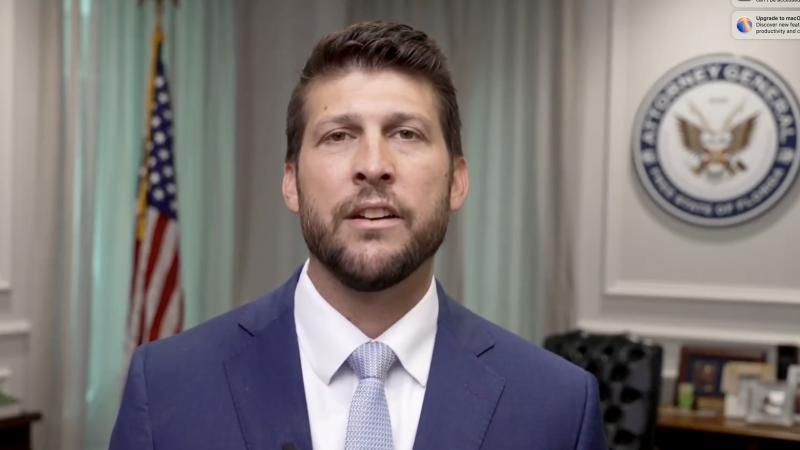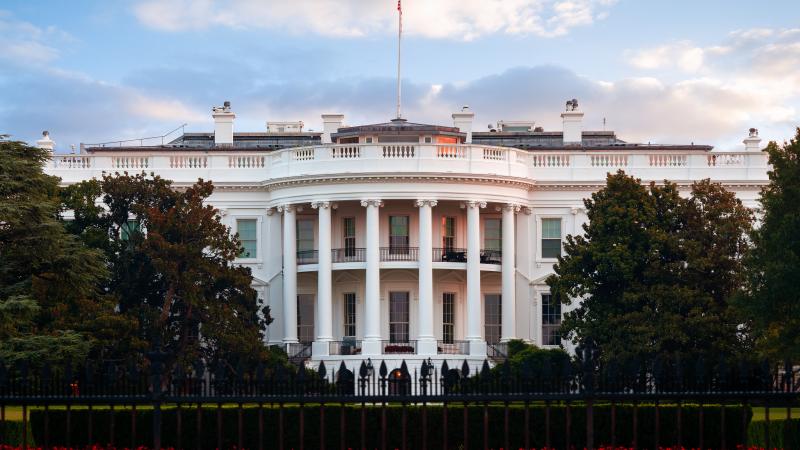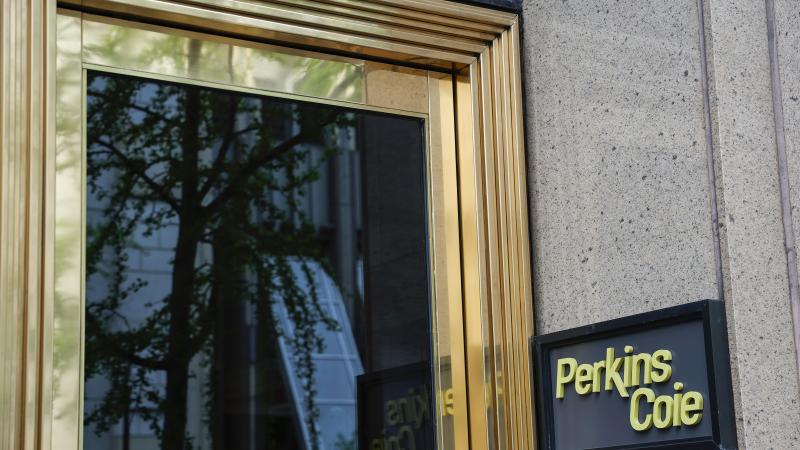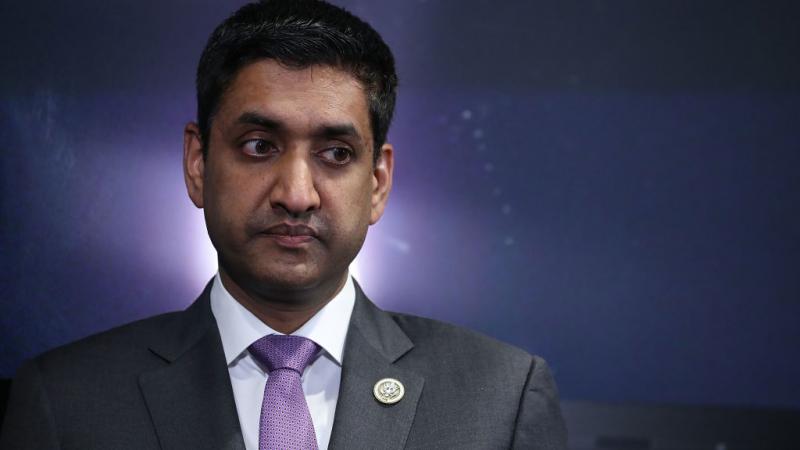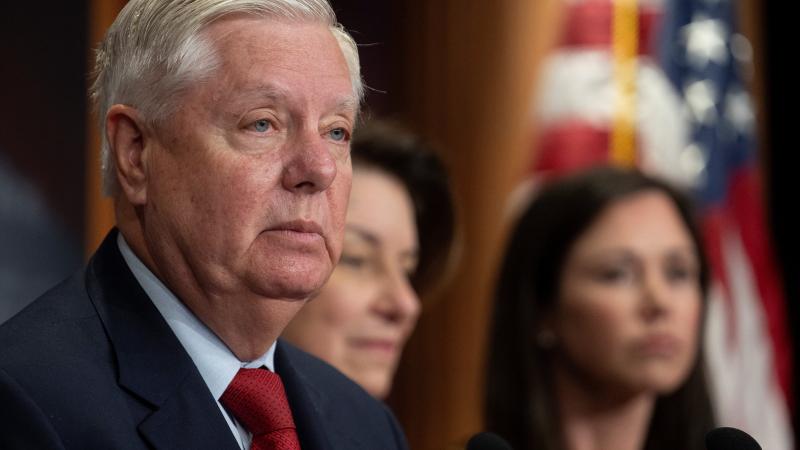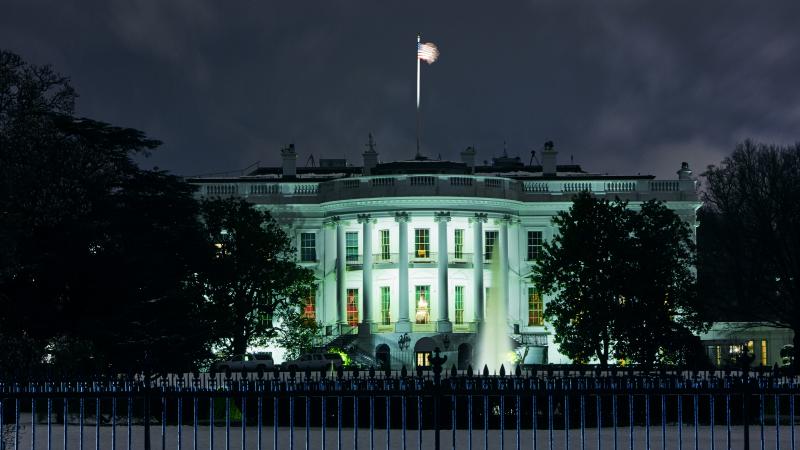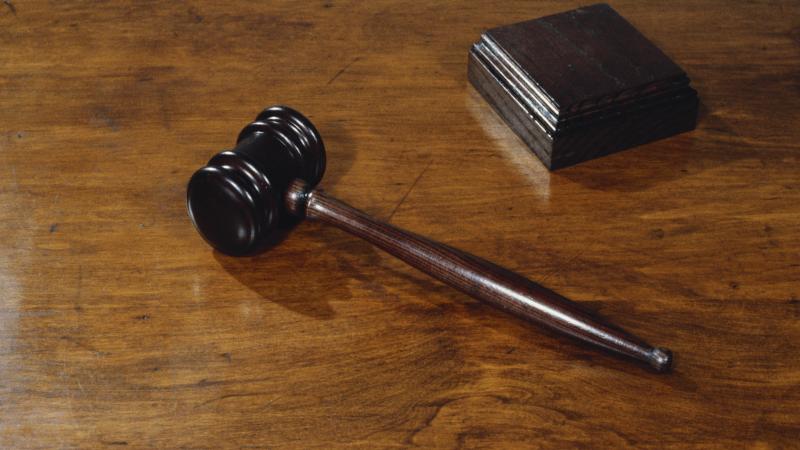Lutnick: Americans 'are going to love' Trump's tariff deals
President Donald Trump sent letters to dozens of countries warning of 20% to 50% tariffs, which will be imposed beginning Aug. 1, unless those foreign nations can reach better deals.
(The Center Square) -
Polls show Americans are concerned about President Donald Trump's tariff plans, worried that prices will increase, but administration officials hope to win over the public.
Polling shows Americans don't think the administration is doing enough to lower prices. Americans are also concerned about higher prices as a result of tariffs.
Trump has set out to reorder global trade through tariffs to give American businesses a fair playing field in the worldwide economy. His on-again, off-again tariffs have rattled financial markets, small businesses and big-box retailers.
Commerce Secretary Howard Lutnick told CBS that Americans will come around on tariffs.
"Oh, they're going to love the deals that President Trump and I are doing. I mean, they're just going to love them. You know, the president figured out the right answer, and sent letters to these countries, said this is going to fix the trade deficit," Lutnick told CBS News' "Face the Nation" host Margaret Brennan.
"This will go a long way to fixing the trade deficit, and that's gotten these countries to the table, and they're going to open their markets or they're going to pay the tariff," he added.
President Donald Trump sent letters to dozens of countries warning of 20% to 50% tariffs, which will be imposed beginning Aug. 1, unless those foreign nations can reach better deals.
Last week, the Federal Reserve's latest "beige book" found that businesses across the country reported passing the cost of tariffs on to U.S. consumers, something Trump warned them not to do. All 12 Fed districts reported price increases. Seven characterized price growth as "moderate," and five called it "modest."
"Many firms passed on at least a portion of cost increases to consumers through price hikes or surcharges, although some held off raising prices because of customers' growing price sensitivity, resulting in compressed profit margins," according to the Fed report.
In June, an appeals court ruled that Trump's "Liberation Day" tariffs could remain in place while a legal challenge over his authority to impose import taxes continued.
That came after the administration appealed when a three-judge panel of the U.S. Court of International Trade unanimously ruled in May that Congress did not give the president tariff authority under the International Emergency Economic Powers Act of 1977. The appeals court ruling means Trump can continue collecting the taxes while the legal challenge moves ahead.
Economists, businesses and some publicly traded companies have warned that tariffs could raise prices on a wide range of consumer products.
Trump has said he wants to use tariffs to restore manufacturing jobs lost to lower-wage countries in decades past, shift the tax burden away from U.S. families and pay down the national debt.
A tariff is a tax on imported goods paid by the person or company that imports the goods. The importer can absorb the cost of the tariffs or try to pass the cost on to consumers through higher prices.


